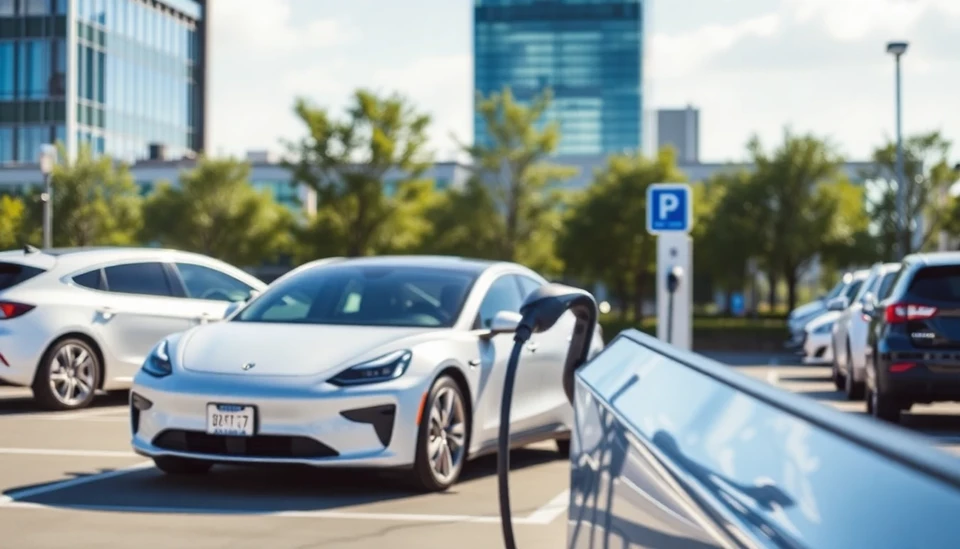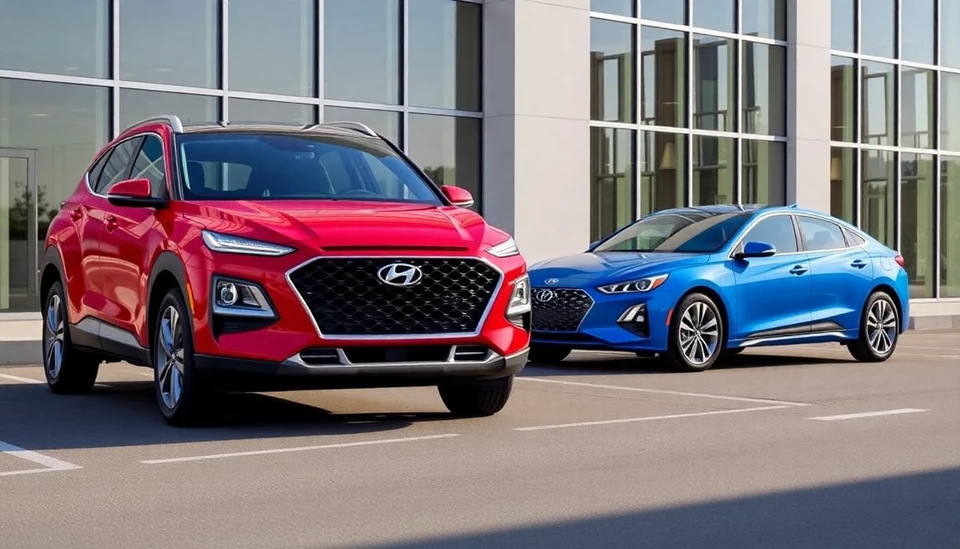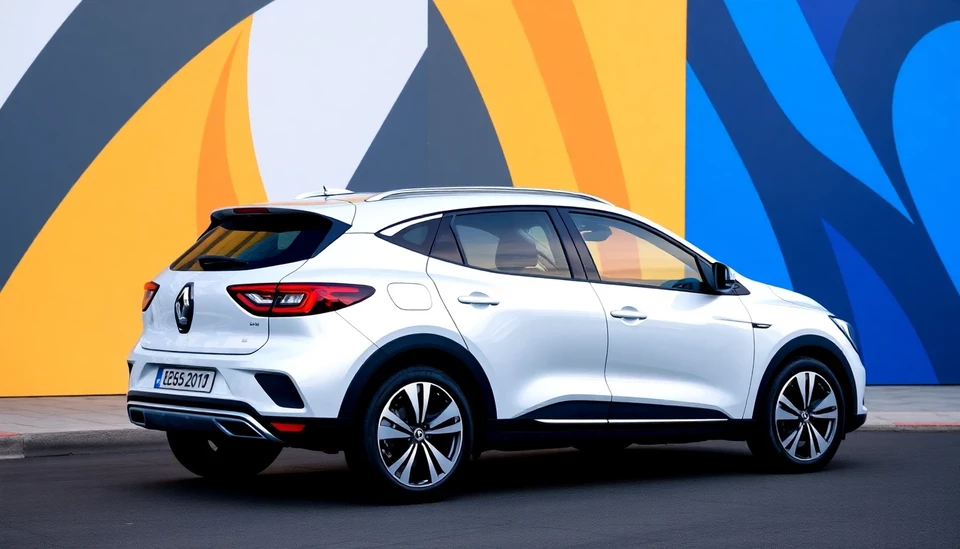
The hitherto high-flying electric vehicle market has been rather unexpectedly tanking lately. Although the climate crisis would theoretically mount pressure on industry players to shift towards greener alternatives, the sales of late reflect a notable slump in electric car purchases globally. Some worrisome trends have started to raise the most relevant questions about the future of electric mobility.
In fact, the main reason for this slowdown would appear to be increasing economic uncertainty. The financial markets seem to grow more volatile by the day, and inflation remains a very important concern for most of the world. The customers also have turned more conservative toward large-ticket items, and electric cars-either comparable in price or sometimes much pricier than their gasoline counterparts-are no exception.
Government incentives that once spurred the EV market are being scaled back or phased out. In many countries-including the United States-federal tax credits for electric vehicles have expired for some of the best-selling models from Tesla and General Motors. Take away those incentives, and for many potential buyers, the financial appeal of EVs decreases substantially.
Another concern is that, over the past couple of years, supply disruptions have been affecting many industries. The EV market heavily relies on the availability of rare earth materials for batteries, such as lithium and cobalt; thus, it has gone through severe blows to its production lines. These delays not only delay the whole production but also shoot up the final consumer costs, hence deterring potential buyers.
The other factor driving this has to do with charging infrastructure, or rather the lack thereof. Although there are concerted efforts around the globe to establish more charging stations, the current network lacks adequacy to meet the growing EV adoption. Major probable EV owners are still skeptical to join the bandwagon due to charging convenience and range anxiety.
We also see, as the market matures, a wider range of electric vehicles that come into play. While this increased competition benefits the consumer, it also means individual manufacturers face increased competition. Established carmakers and new entrants alike are gunning for a chunk of the EV pie-leading to market saturation in some segments even as overall sales slow.
On the bright side, industry analysts see the slowdown as short-term. Innovations in battery technology continue to promise fuller ranges and faster charging times that could eventually ease consumers' fears. What is more, as the world increasingly sets its focus on sustainability, regulatory frameworks may change toward providing new incentives and stricter emissions guidelines that could once more favor EVs.
New model launches will also equally contribute to this. During the coming years, manufacturers are planning to launch new and improved versions of their EV models, and these are likely to bring about interest amongst consumers. Better technology, growing awareness about environmental issues, and gradual growth of a more substantial charging infrastructure might turn around the current trends.
While the immediate future of EV sales may be in question, the longer-term trajectory toward more sustainable modes of transportation remains sound. It will take a collaborative approach among policymakers and industry leaders once again to resolve current barriers and accelerate EV adoption globally-not revitalize it.
Has the EV Boom Ended?
Much like any evolving industry, the EV market is going through that critical phase of reassessment and realignment. This immediacy of slowdown is thus a challenge and an opportunity as consumers and manufacturers get used to the shifting dynamics. The firms innovating and streamlining their processes in the meantime may just emerge better, setting new benchmarks for the industry.
However, as far as the current scenario is concerned, an average consumer has to weigh the pros and cons cautiously. As long as owning an electric vehicle is still a dream based on its merit towards the environment, it would be hard to turn a blind eye looking at the economic factors that come into play. Potential buyers would have to weigh their immediate financial positions with long-term aspirations for sustainability.
#ElectricVehicles #EVSales #MarketTrends #SustainableMobility #ConsumerBehavior #GovernmentIncentives #SupplyChainIssues #ChargingInfrastructure #BatteryTechnology #FutureOfEVs
Author: Sophie Bennett




